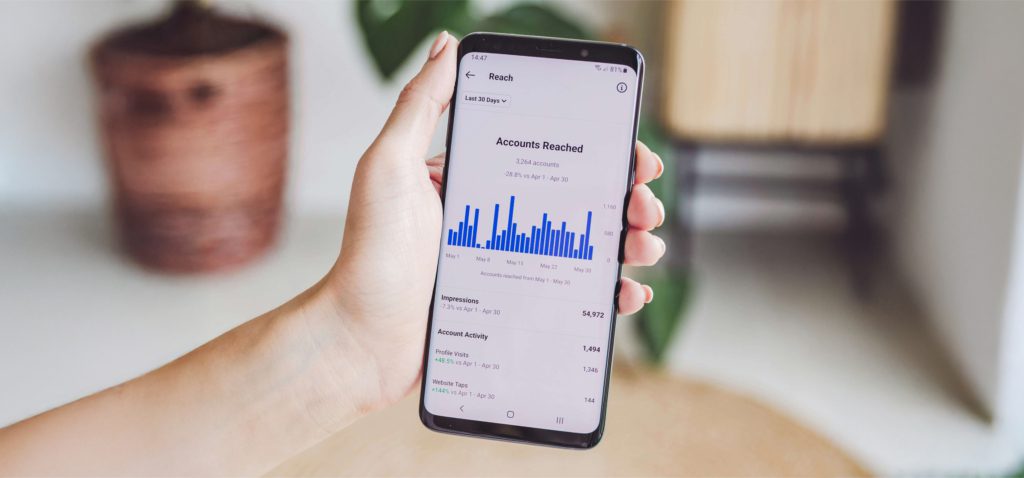Running a PPC campaign can be difficult at the best of times, but more so when you’re working within budgeting constraints.
Every decision requires careful consideration, from the channels you use to the keywords you are bidding on.
So, it’s essential to your campaign’s success that you manage your PPC budget effectively.
Unfortunately, when it comes to PPC budgeting, there are no set rules on how much or how little you should spend.
To make your life easier, continue reading to find out how you can make a little go a long way.
How can I get the most out of my PPC budget?
1. Set clear goals and objectives
Setting clear goals that align with your business objectives allows you to allocate your PPC budget more effectively.
Using the S.M.A.R.T. method to set your goals will help ensure that they have structure and are Specific, Measurable, Achievable, Relevant, and Time-bound.
For example, one of your goals may be to decrease bounce rate on your landing pages by 15% by the end of the month.
So, you would then be able to allocate your budget towards steps that are going to help you achieve this goal, such as landing page optimisation, A/B testing, and re-targeting.
2. Look at your previous campaigns
If you’re working within budget constraints, a cost-effective way of looking at where your efforts would be best placed is by looking at your previous campaigns.
By looking at what worked well in the past, you can allocate more of your limited budget to those elements of your campaign which are likely to be most profitable.
Reviewing your previous campaigns can also help you identify what did not work well so you don’t waste your budget on the same areas again.
If this is your first campaign and you don’t have previous data to work from, allocate your budget evenly and monitor the results closely until you can build up a bigger picture.
3. Identify the most beneficial channels
By looking at your previous campaigns, you may have already been able to identify which channels work well for you and the efficiency of your PPC campaigns.
Choosing the correct channels to display your campaign is essential for reaching your target audience.
It is important to look at both social channels and search engines when determining which is going to be most beneficial, as users will frequently turn to both in search of answers or for further information about products and services.
To make an informed decision about which channel you would like to use, it is worth delving a bit deeper into your audience and researching their demographics, interests, locations, and which social channels they are most active on.
Ensuring your ads are on the correct channels means they will be seen by your desired audience, and you are more likely to see a boost in clicks, conversions, and sales.
4. Use budget pacing
Overspending can be easily done, but it becomes a bigger issue when you are working within a tight allowance.
To avoid this, you should use budget pacing when carrying out looking at your PPC campaigns funding.
Budget pacing allows you to set a daily, weekly, or monthly budget limit for your campaign based on your overall allocated budget.
Using this method allows you to keep track of how much money is being spent and at what rate.
If you do find that you are overspending, you can readjust your keyword bids, decrease your budget, and introduce negative terms to prevent your ad from appearing in unnecessary searches.
5. Utilise negative keywords
Negative keywords can be extremely beneficial to the success of your PPC campaign while simultaneously ensuring your budget is not going to waste.
You can add negative keywords to your campaigns, so they do not appear in any searches you do not want them to.
By utilising negative keywords, you can save money by avoiding paying for clicks from uninterested users.
You will also improve your Quality Score, which can lead to lower cost-per-click rates and reduced bidding requirements.
6. Get familiar with ad schedules
Another way of navigating and overcoming any budget constraints is by incorporating ad scheduling into your PPC budget management strategy.
Use your readily available user insights to learn when your target audience is most active and when they have been more responsive to your campaigns.
This will allow you to target your ad spend at certain times of the day or night where you are more likely to see a return on investment in terms of clicks, conversions, and engagement, all within your budget.
Need help with your PPC budget?
If you are struggling to get your campaign off the ground due to budget constraints or just need help managing your PPC budget effectively, get in touch today to see how we can help.
You can also book in for a Free Acquisitions Workshop, where you will receive invaluable advice and insights from our expert marketers, tailored resources, and a personalised action plan that you can implement right away.












